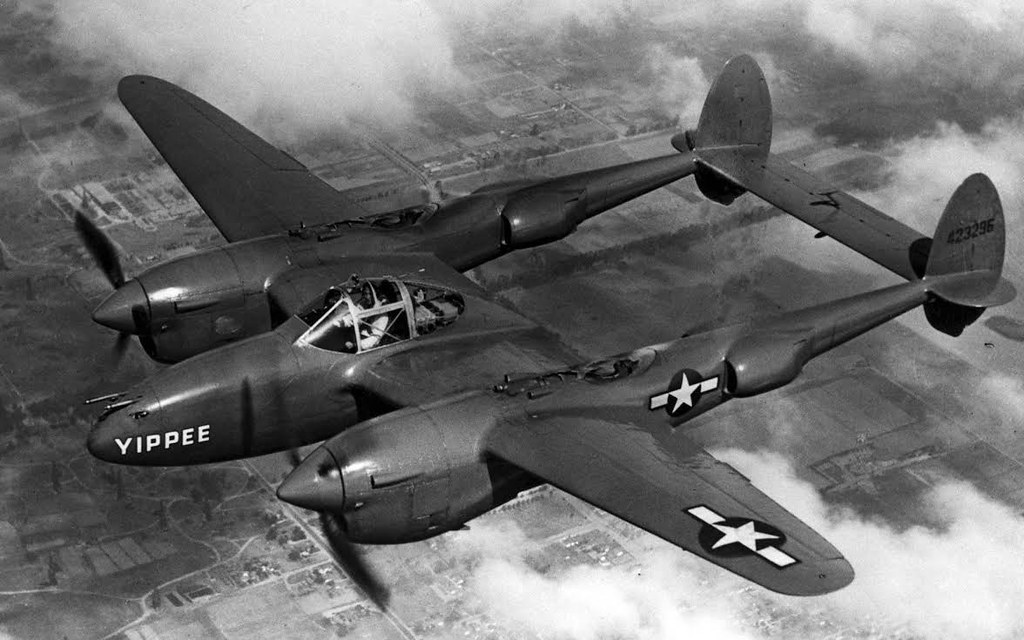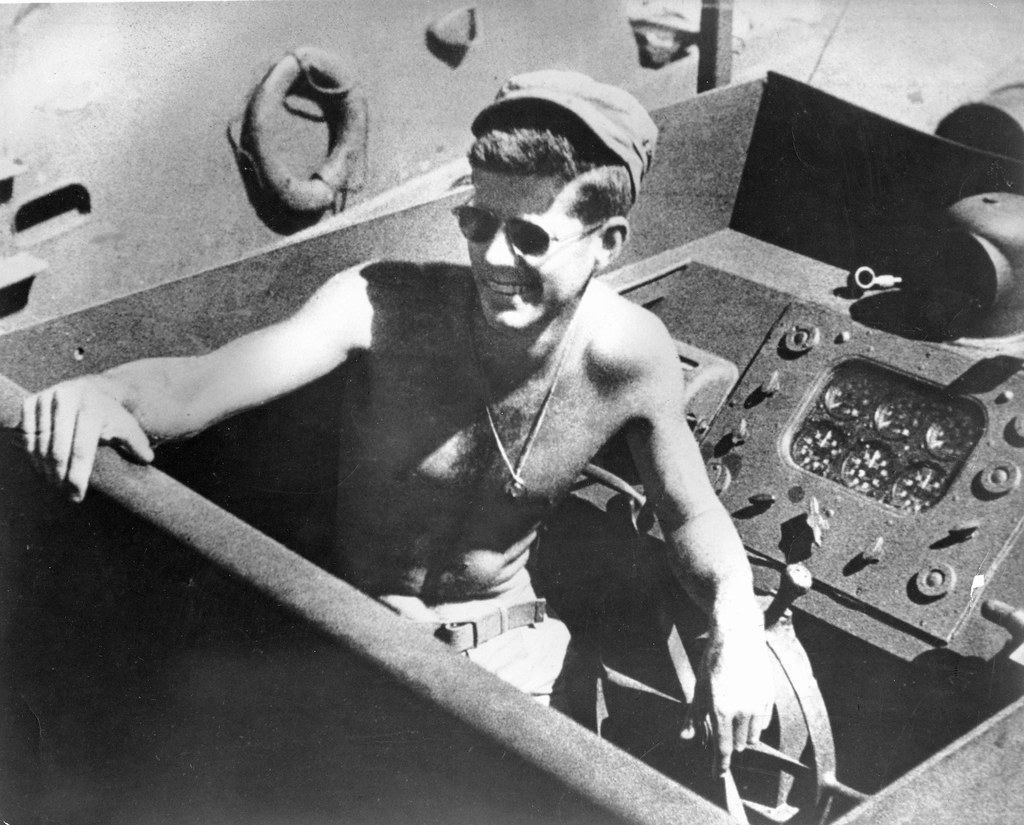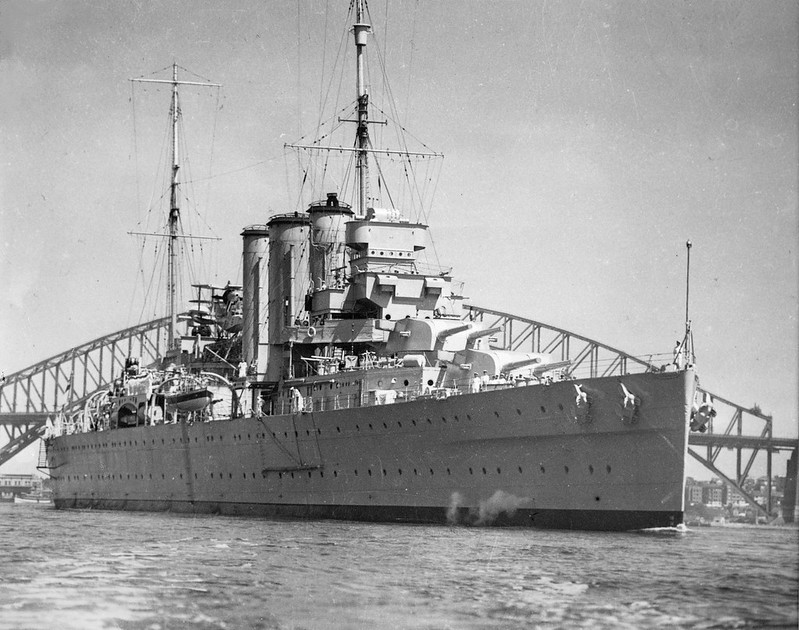Historic aircraft wreck found. Is this the Wildcat of US ace, James E Swett?
On my last trip to the Solomon Islands in October, I was fortunate to make my first dive on some of the historic aircraft wrecks that litter the harbour near Tulagi in the Florida Islands.
I was introduced to Bob Norton, a Kiwi ex-serviceman and the new proprietor of the Raiders Hotel in Tulagi, a quaint and peaceful waterfront hotel in the little former British pre-war colonial capital in the Florida Islands, across Iron Bottom Sound from Honiara.
Guadalcanal War Mystery Solved. Pilot’s remains recovered.

P-38 Lightning of the type flown by Maj. Peyton Mathis
The Solomons continue to throw up mysteries from the turbulent years of WWII.
One mystery solved recently has been with the rediscovery of a P-38 Lightning fighter that crashed on 5 June 1944 while on approach to what was then known as ‘Fighter 2’ (Kukum Field). This airstrip is now the golf course near historic Henderson Field, the main airport from which Solomon Airlines operates.
The True Story behind JFK’s PT-109

Former U.S. President and then U.S. Navy Lt. John F. Kennedy is seen aboard the Patrol Torpedo boat PT-109 boat during World War II in the Pacific theatre, in this handout photograph taken on March 4, 1942. (REUTERS/John F. Kennedy Presidential Library/Handout)
David Ellis and Roderick Eime
Only the more adventurous travellers make it to remote Gizo in the Western Province of the Solomon Islands. It's a magical place with some of the world's best fishing as well as wreck and reef diving.
From Gizo you can venture a further 10 kilometres to a minuscule dot shown on most charts as either Kasolo Atoll or Plum Pudding Island. This sandy speck is better known in popular mythology as Kennedy Island – the place where a then 26 year old US Navy Lieutenant John F. Kennedy, commander of the motor torpedo boat PT109 and future President of the United States, together with ten of his crew, waded ashore in pitch-blackness after their boat was rammed and sunk by the Japanese destroyer Amagiri on the night of 2 August 1943.
Lifting the Shame of Savo Island
Heroes of the Solomons: Captain Frank Getting RAN
One of Australia’s most experienced and capable naval commanders was struck down in his prime during one of the most ferocious naval engagements of WWII. Was he later a cruel victim of a historical cover-up? Roderick Eime investigates.
The US involvement in the many battles of the Solomon Islands campaign are well documented through movies, documentaries and books. Yet, the substantial participation of Australian naval forces in that campaign is far less acknowledged.
When the Allied Forces began their landings on Guadalcanal and Tulagi on 7 August 1942, they were supported by a massive combined naval force which included the Royal Australian Navy (RAN) warships Canberra, Hobart and Australia.

HMAS Canberra proudly in Sydney Harbour pre-war
HMAS Canberra was a British-built County class heavy cruiser of the Kent sub-class commissioned in 1928. At 10,000 tons and 180m in length, she was slightly larger than the more famous HMAS Sydney which had already been lost during her mutually destructive engagement with the German auxiliary cruiser Kormoran on 19 November 1941. Sydney’s sister ship, the light cruiser, HMAS Perth was lost in the Battle of Sunda Strait in March 1942.